
Report Shows 40% Of LGBTQI Victorian Elders Experience Homelessness
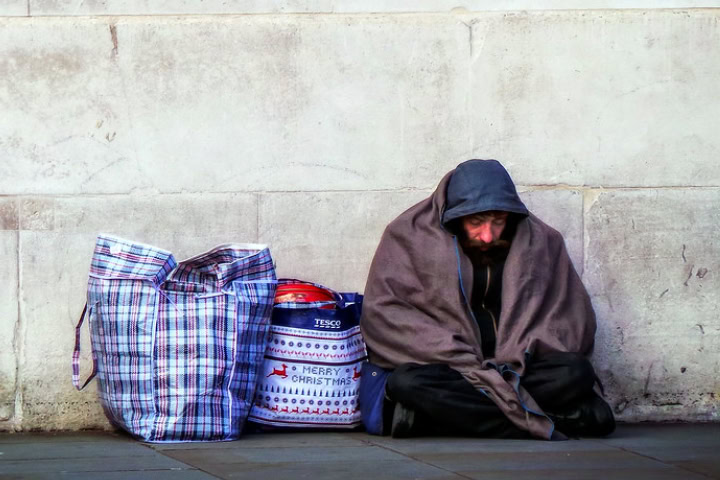
Launched yesterday on what was World International Homeless Day was a report that addresses an area that for a long time has been lacking in both proper understanding and adequate support. Entitled Out Of The Closet, Out Of Options: Older LGBTI People At Risk Of Homelessness the findings of which unfortunately drove home what many in our community already knew. That is, that our elders in particular, are at a much greater risk of homelessness than the general population- as Fiona York Executive Officer for Housing for the Aged Action Group (HAGG) explained.
“Our research showed that LGBTQI older people have experienced homelessness and housing stress at higher rates than the general population. The report showed that 40% of participants said that they had experienced homelessness and 16% said that they were currently at risk and these replicate the findings of a survey that was under done undertaken by the Victorian Gay Lesbian Rights Lobby but we actually think that these figures are just the tip of the iceberg.”
The report which was convened by HAAG, drew upon the expertise of key community organisations including Val’s LGBTQI ageing and aged care, Switchboard Victoria, Australian Association of Gerontology, Transgender Victoria and Thorne Harbour Health with the aims of beginning to bridge the critical gap in research by identifying the current housing circumstances and concerns of LGBTQI older Victorians.
One of the other key areas of concern that the report uncovered was around home ownership, with less than half of surveyed participants indicating that they own their own home and of this group only 27% owned their home outright. Compare this to the general population age 55 and older, where 85% own their own home with 65% of these owning their home outright the disparities become clearer still.
Older LGBTQI people are also seven times more likely to live alone than the general older population, placing them at increased risk of homelessness, while 60% of LGBTQI older people would not know where to go for help and information about their housing options.
Of course, many roads can lead to individuals experiencing issues relating to housing and homelessness – with lived experiences of ostracization from traditional family, continued and sustained discrimination in the workplace, and higher than average rates of mental illness and depression often compounding on these situations as experienced by LGBTQI elders.
“Many of our community don’t even understand they are in in a high-risk category of homeless because they have a self-belief of self-worth that this is all they deserve. For many gay men they never thought they would have the luxury of getting old and they live with the survivor guilt Amongst that. they’ve sold their properties, they went travelling and you know they’ve now got themselves in a very precarious financial situation. For women who have had lower wages their whole life and insecure work it’s not surprising that they’ve ended up in this place.” Ro Allen Victoria’s Commissioner For LGBTIQ+ Communities said at Friday’s launch.
When it comes to those in private rental, of those surveyed 36% receive a government pension, yet over a third of those stated that they are unable to afford the rent. This is perhaps not surprising with a recent rental affordability snapshot undertaken by Anglicare indicating only 2% of rental listings in Victoria being affordable and appropriate for a couple on the Age Pension, with only 41 houses both affordable and appropriate for a single pensioner.
Many were holding out for better housing support from the Australian Federal Government in their recent budget announcement, but perhaps true to form, the Liberal Party focused a majority of attention towards tax cuts for the wealthy and a heavy impetus placed on post COVID economic recovery steered by big budget infrastructure. In fact, only a further $1 billion of low-cost finance loans to support the construction of affordable housing were announced, taking the total concessional finance that has been made available to community housing providers to $3 billion.
“It’s disappointing there was no investment announcement for social housing, community and public housing, it was a missed opportunity with COVID stimulus and the need for building to continue to keep all those people employed. Not to be investing in public housing when we know there is such a huge need– there’s not just all the people who are bean counted by the homelessness services, but those people we have surveyed who don’t even know they were at risk. Without investment in affordable housing stock, [the budget] was a disappointing and missed opportunity,” York added.
When we look at the trajectory of Australia’s ageing population, and that by 2050 the number of people aged over 65 is expected to double, the sense of urgency needed to address issues of LGBTQI elder homelessness is as clear as day.
Concluding, Joe Ball, CEO of Switch Board Victoria added, “This is not an easy to read report, it hands down some hard truths that unfortunately too many LGBTQI older people live every day. The report is as much a reflection on what is happening now as it is a prediction of a future, that without change, will see poorer LGBTQI older people worse off. This report is a call to action”.
Switchboard Victoria offer a number of support services for LGBTQI elders, including through the Out and About Program, See Switchboards website for more information, or call 1800 729 367.
LGBTQI support services include:
Qlife for confidential LGBTI peer support 1800 184 527 (3pm-midnight, 7 days)
Thorne Harbour Health’s Rainbow Connection 1800 961 780 (9am-5pm, Mon to Fri)

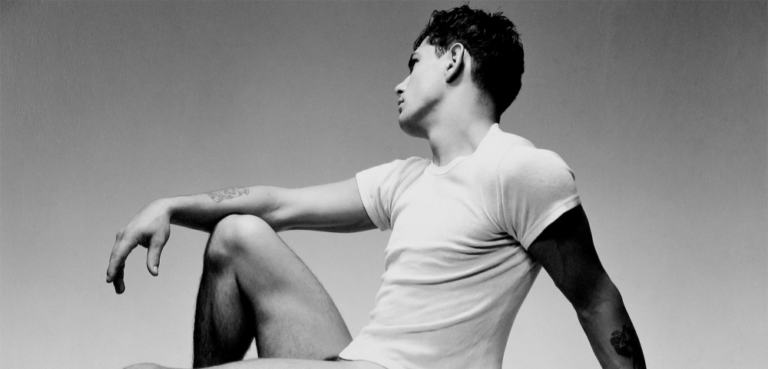
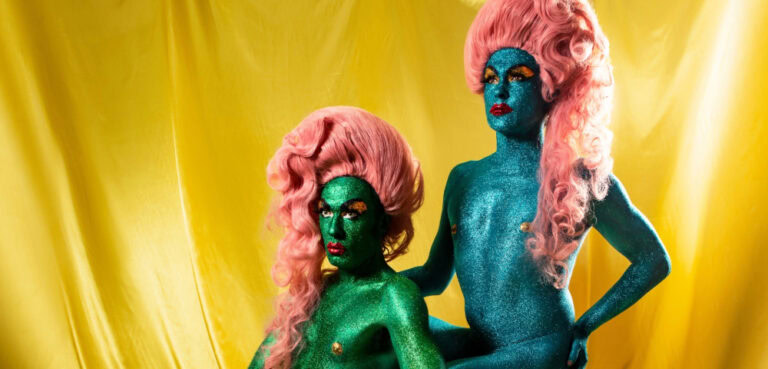


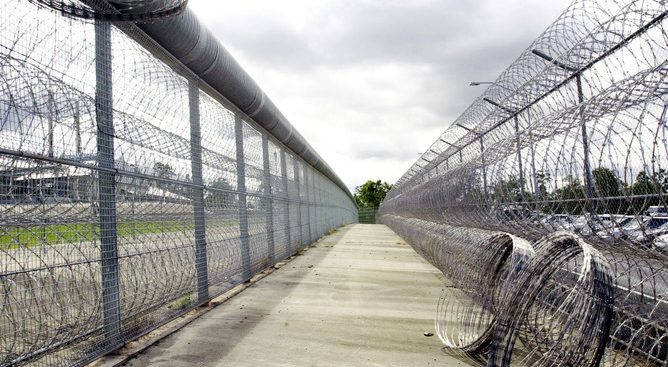


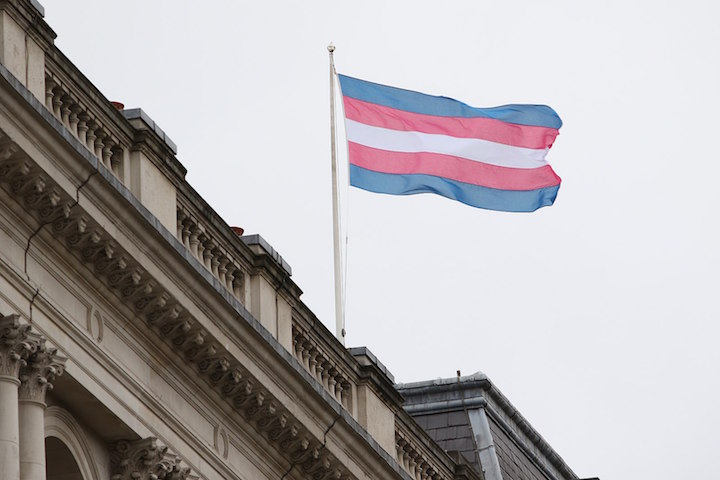

Gay has been marketed on the common face of uncommon merit for too long-An object of spite!
Thanks for pointing out that the life of a gay man is the first to know about ordinary problems & know them all too full & well.
The headline on this is inaccurate when compared with the reports findings which speaks to ‘at risk of homelessness’ (Page 18):
“Just under 16% of participants reported that they are currently experiencing or at risk of homelessness. In addition to this figure, over 40% have indicated they have previously been at risk of homelessness. These findings replicate the findings of a 2019 survey conducted by the Victorian Gay & Lesbian Rights Lobby that found that 45% of LGBTI people over 50 had either experienced homelessness or had been at-risk of homelessness. This suggests that older LGBTI people experience homelessness at higher rates and are at greater risk of homelessness than their heterosexual counterparts.”
At risk is the important factor here, and one not helped by either the sensational headline nor the accompanying myth perpetuating image.